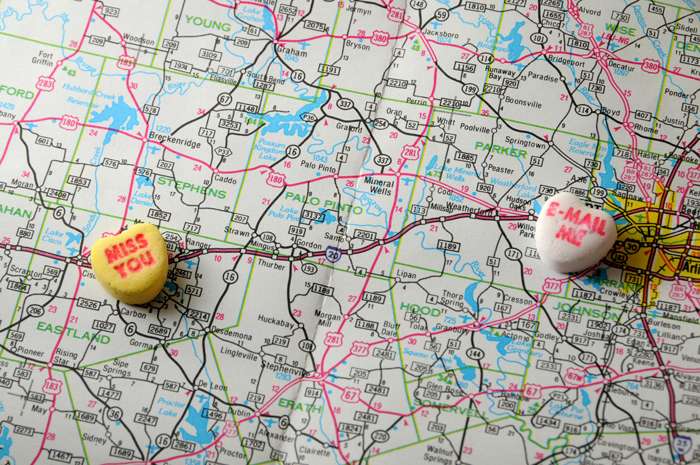Self-control isn't about feeling miserable!
/Guys, I love a plan. I love a new regime. I love carefully planning each step that WILL TOTALLY CHANGE MY LIFE. So, New Year’s is generally a good time for me.
I've spent the better part of the last 30 or so Januarys working on my willpower. I have denied, cajoled, and forced myself into good choices for long stretches of time. I can go months with my head down, legs pumping, grinding my way to my goal. Until I can’t. Then I fall on my butt with a resounding thud . . . those little cartoon birds circling my head. Whomp. whomp.
Insanity is doing the same thing and expecting different results, right? (Did Einstein really say that?) To change things up, I’ve been thinking long and hard about how to approach my goals in a different way -- NOT in a restrictive, force-fed, self-denying way. Much like Annie’s resolutions to do MORE of what makes her happy, I’ve been thinking that perhaps the key to real change is building upon existing strengths.
In the midst of my ruminations, the Internet fed me this little gem: “The Only Way to Keep Your Resolutions” by David DeSteno. David and I could be besties -- because while he believes that self-control is our ticket to success in life, he also believes that we’ve been going at it all wrong. Me too David! Listen to this:
“We too often think about self-improvement and the pursuit of our goals in bracing, self-flagellating terms: I will do better, I will muscle through, I will wake up earlier. But it doesn’t need to be that way, and it shouldn’t: Self-control isn’t about feeling miserable.”
Yay!!!!!! I’m all for not feeling miserable.
I’ll leave you to read the article for yourself, but let me cut to the chase. DeSteno advocates developing self-control -- the ability to put something or someone ahead of your immediate needs and desires -- by using gratitude and compassion (what he calls the social emotions) as a motivating force. Essentially, practicing gratitude and compassion encourages your mind to be patient and persevering. I love it when DeSteno says that the social emotions “give us not only grit but also grace.”
I’m still working out how to put this in practice. But here are my current thoughts:
I often do my writing late at night, so there’s a tendency to talk myself out of the task if I’m too tired. But my gratitude for this space and for Annie’s contributions motivate me to complete the task. My gratitude makes me persevere.
I want to be better about daily scripture study. When I practice gratitude for my daily blessings, this task seems like a tiny sacrifice of time with a big pay off. When I think about my bigger responsibilities to my family and community -- this task seems extremely consequential. Thus, more patience and perseverance.
I need to eat healthier. (Yes, this again.) I’m so grateful for all of the things my body can do -- Crossfit, ski, hike, stay up all night and keep going the next day. My gratitude for my body should help me to fuel it with better foods.
Basically, this is a practice of thoughtful living -- focusing our thoughts on gratitude and compassion and utilizing those emotions to make choices for a better future. THIS is my New Year’s resolution! Who’s with me?


















